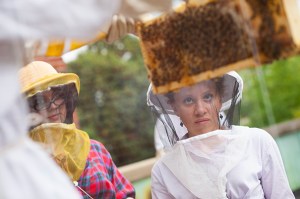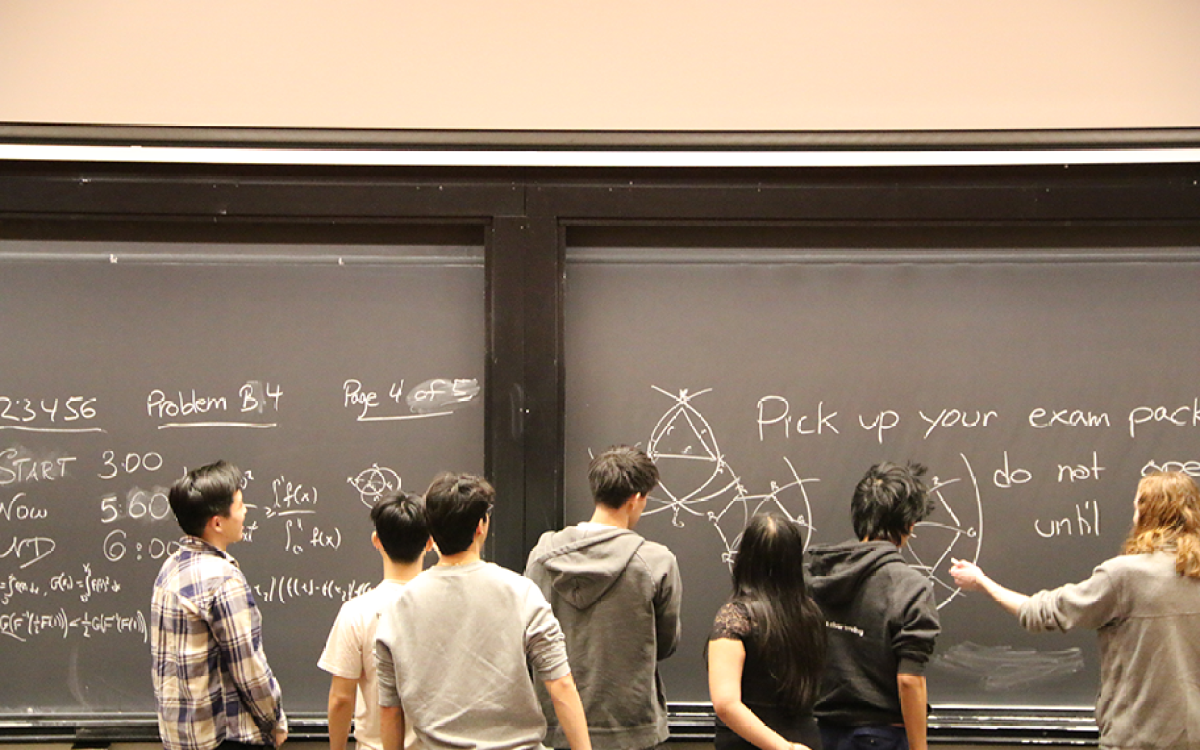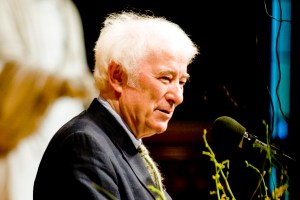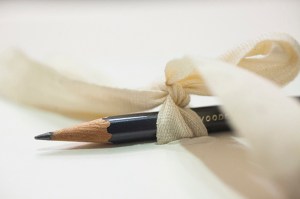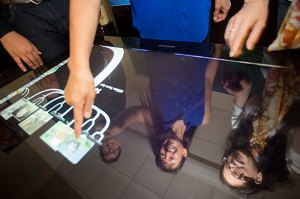Tag: FAS
-
Health
New insight on wild nights
New research suggests that, despite moonlight’s apparent hunting advantage, large predators such as lions are actually less active on the brightest nights, while many prey animals — despite the risk of being eaten — become more active.
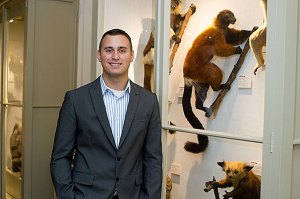
-
Arts & Culture
Poetry spreads its web
At month’s end, Professor Elisa New will begin teaching “Poetry in America,” her first digital course on HarvardX.

-
Arts & Culture
Moving dirt, and history
A Harvard student who is interested in a career in archaeology spent her summer on a Peruvian dig, with lots of mundane work and a bright discovery to show for it.
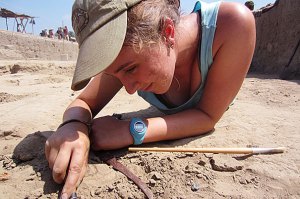
-
Nation & World
The poetry of water
Harvard anthropologist Steven Caton made his name studying tribal poetry in Yemen three decades ago. But it was memories of a tribal war that drew him back to that nation in 2001, and the scarcity of water he discovered there launched him into a new avenue of investigation.
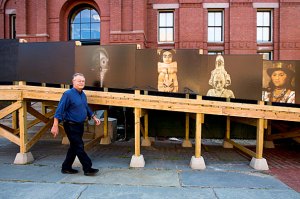
-
Campus & Community
Outlining academic integrity
A panel of faculty led a discussion about academic integrity with an audience of undergraduates, staffers, administrators, and other faculty members. This session was the first in a series of community-wide discussions on the topic.
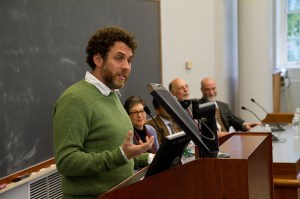
-
Science & Tech
The teaching launch
A new study found that middle school teachers can have a real impact not only on students’ short-term educations, but on whether they attend college and on the size of their future paychecks.
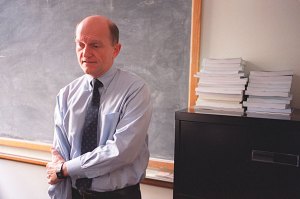
-
Nation & World
Brick by brick
Helping part of coastal Chile to recover completely and prosper following the deadly 2010 earthquake and tsunami is the guiding ethos of Recupera Chile, an initiative based at Harvard’s David Rockefeller Center for Latin American Studies that involves half a dozen Harvard Schools.
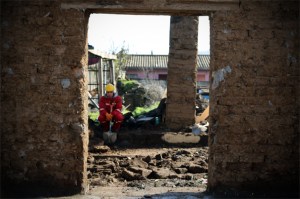
-
Nation & World
A farewell to arms
Professor Matthew Meselson, a biologist and expert on chemical and biological weapons, talks about the surprise winner of the 2013 Nobel Peace Prize.
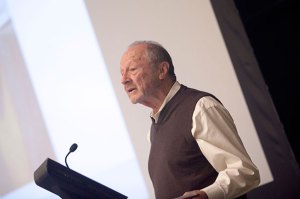
-
Science & Tech
National parks face dangerous foe
Thirty-eight of the United States’ national parks are experiencing “accidental fertilization” at or above a critical threshold for ecological damage, according to a study led by Harvard University researchers and published in the journal Atmospheric Chemistry and Physics.
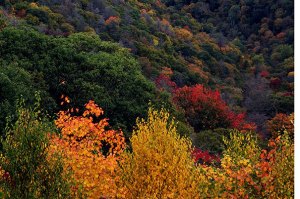
-
Science & Tech
What’s in a face?
Using scans of the brain, Harvard researchers show that patterns of neural activity change when people look at black and white faces, and male and female faces.
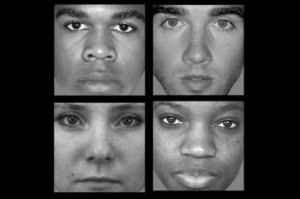
-
Science & Tech
The search for other Earths
Scientists at the Harvard-Smithsonian Center for Astrophysics are drafting the target list for NASA’s next planet-finding telescope, the orbiting Transiting Exoplanet Survey Satellite, or TESS, which will search the Earth’s galactic neighborhood for planets that might support life.
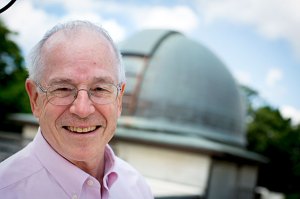
-
Campus & Community
Cabot Library, re-imagined
The Science Center atrium and Cabot Science Library, already filled with bustling undergraduates, will undergo a transformation to support learning and teaching for the digital age while more effectively connecting the library to the atrium and plaza social spaces.
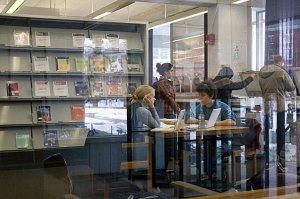
-
Science & Tech
A theory rewarded
Following the announcement of the 2013 Nobel Prize in physics, Harvard faculty who participated in the search for the Higgs boson said they were honored to have played a role in the discovery of the particle that proved theoretical predictions correct.
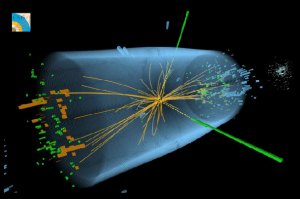
-
Science & Tech
Robots to the rescue
The Second Annual Northeast Robotics Colloquium highlighted Harvard’s work on the next generation of robotics.
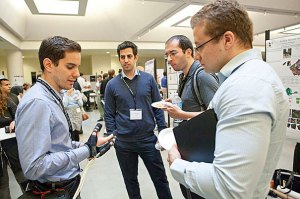
-
Science & Tech
Galileo’s reach
Some four centuries after Galileo observed spots on the surface of the sun, historians, musicians and actors came together at Harvard on Oct. 4 for an all-day conference to celebrate his discovery.
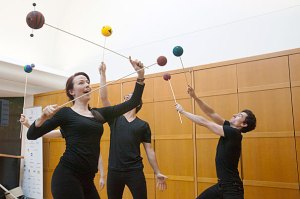
-
Campus & Community
The future is now for FAS
Faculty of Arts and Sciences Dean Michael D. Smith recently spoke about the priorities for the coming campaign and his vision for the FAS.
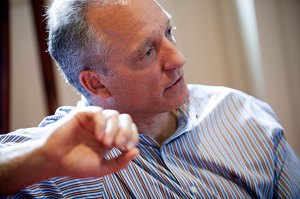
-
Campus & Community
Biography of a bronze
September marked the 375th anniversary of benefactor John Harvard’s death, and the beginning of a course that uses his statue in Harvard Yard to instruct students about the realities of two vanished eras.
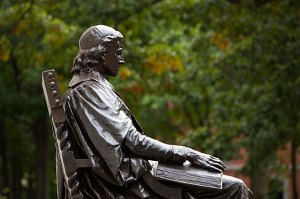
-
Campus & Community
Collaboration in innovation
The thrill of discovery just isn’t the same when you’re alone. That’s one of the myriad reasons why collaboration is central to research at Harvard. Here, students, fellows, and researchers…
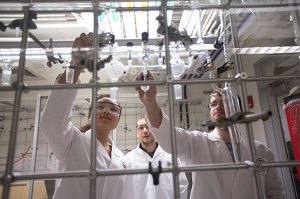
-
Campus & Community
The beep ball player
Aqil Sajjad is blind, but he loves sports. So he’s playing on beep ball, a sport that features a chirping baseball that is delivered by a sighted pitcher to a blindfolded batter.

-
Nation & World
Following his passion
Last month, Tim Linden strolled the streets of São Paulo, close to his home and not far from Harvard’s David Rockefeller Center for Latin American Studies’ Brazil office, where he works as an analyst. He talked about his longstanding connection to the center and his work with underserved children.
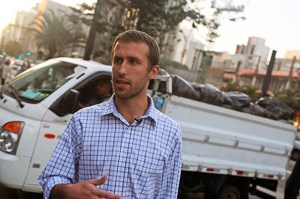
-
Science & Tech
Seeing light in a new way
Working with colleagues at the Harvard-MIT Center for Ultracold Atoms, Professor of Physics Mikhail Lukin and post-doctoral fellow Ofer Firstenberg have managed to coax photons into binding together to form molecules — a state of matter that, until recently, had been purely theoretical.
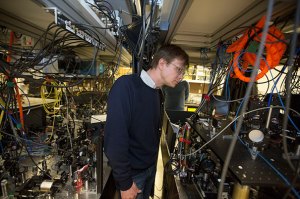
-
Health
Deconstructing motor skills
Harvard researchers have found that the brain uses two largely independent neural circuits to learn spatial and temporal aspects of complex motor skills.
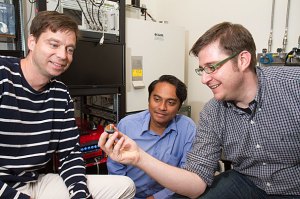
-
Campus & Community
A professorship and a MacArthur
Jazz musician and composer Vijay Iyer, who won a MacArthur Foundation grant, in January will become the first Franklin D. and Florence Rosenblatt Professor of the Arts in Harvard’s Department of Music.
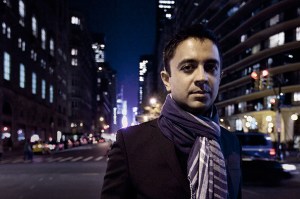
-
Campus & Community
Libraries coming together
Sarah Thomas, the new vice president of the Harvard Library, will now also oversee the libraries of the Faculty of Arts and Sciences. The appointment signals a move toward a more unified and coordinated library system.
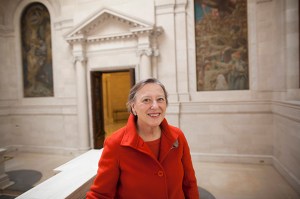
-
Health
A foundation for future research
Harvard researchers recently developed the most detailed “specificity profile” for Cas9 — a “machine” made of protein and RNA that can be programmed to target specific DNA sequences and to precisely cut, paste, and turn on or turn off genes. Future researchers will use the data when developing genetic tools and therapies.
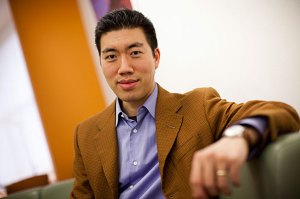
-
Campus & Community
A 21st-century campus
Supporting the development of a robust campus, one that enhances Harvard’s mission of innovative teaching and learning, while simultaneously fostering connections across the University and the broader community will be an important goal of The Harvard Campaign.

-
Science & Tech
Where students own their education
The class Applied Physics 50 is grounded in a teaching philosophy that banishes lectures and encourages hands-on exploration, presenting a collection of best practices gleaned from decades of teaching experience and studious visits to college physics classrooms nationwide.
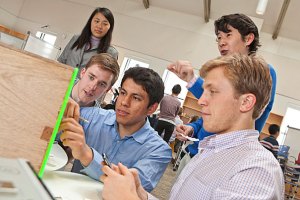
-
